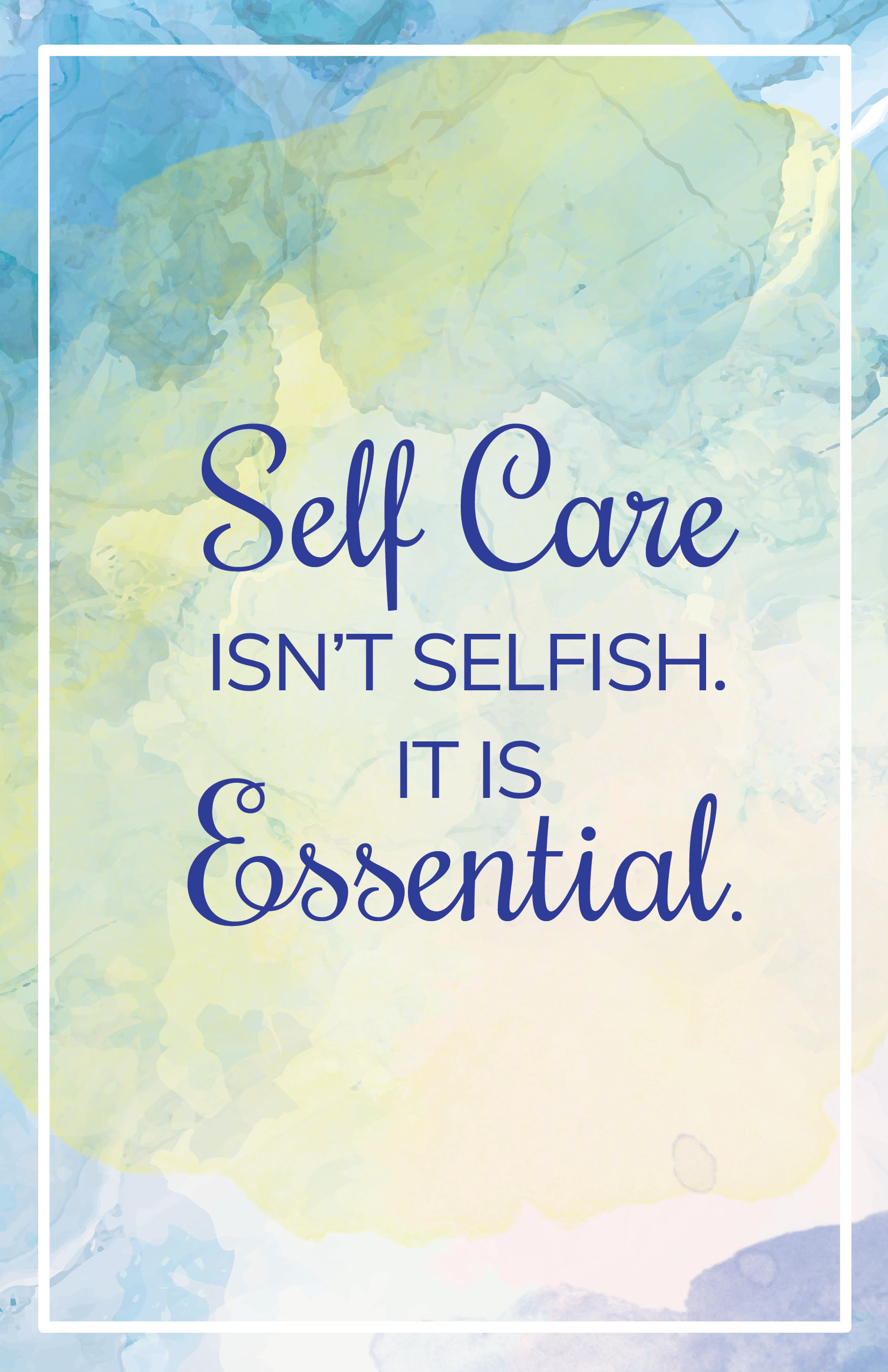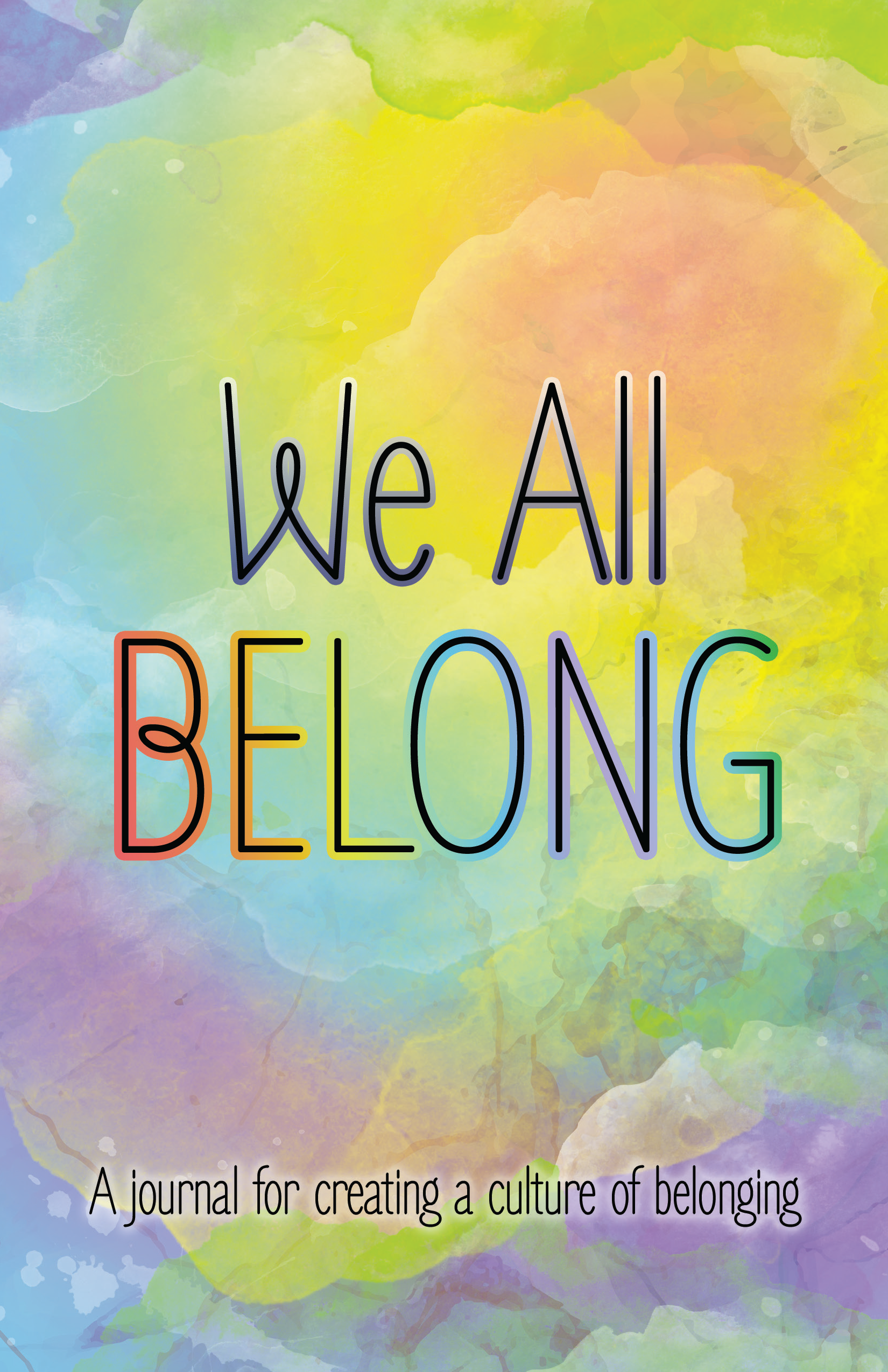According to the highly-respected Collaborative for Academic, Social, and Emotional Learning (CASEL) https://casel.org/, social-emotional learning (SEL) is the process through which we “acquire and apply the knowledge, skills, and attitudes to develop healthy identities, manage emotions and achieve personal and collective goals, feel and show empathy for others, establish and maintain supportive relationships, and make responsible and caring decisions.”
While SEL shares some similarities with frequently used terms such as emotional intelligence, resilience, well-being, and self-care – there are specific components of SEL, especially for adults, that are unique.
You may think of these as skills just for kids simply because so much emphasis has been placed on SEL for students over the years. But the truth is that these are HUMAN skills and essential for each of us – children and adults alike – to learn, develop, and practice every day to help us thrive and live more fully in the moment.
The practices below in the five interrelated competency areas are tailored to the unique needs of our educators and support professionals. The practices were recorded by leaders from Create for Education. The goal of CREATE is “to nurture healthy, caring school communities that support social and emotional learning and teacher and principal wellness." (www.createforeducation.org/)
We encourage you to check back here regularly to find the latest resources, links, and events that might help you improve your own well-being.
If you are interested in courses about wellness and social and emotional learning for both educators and students, please check out our expanding list of learning opportunities on PEARL, PSEA’s online learning system (pearl.psea.org).
You matter to us. Your well-being is important to us. Please take care of yourself.



